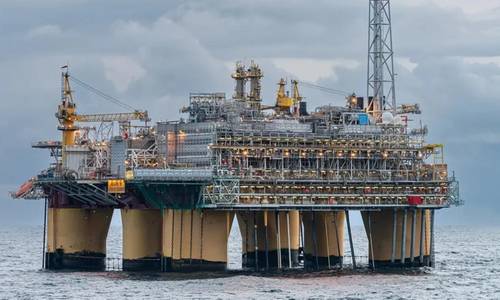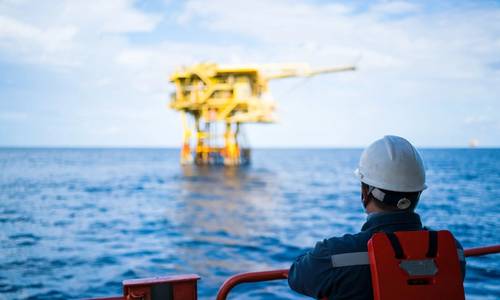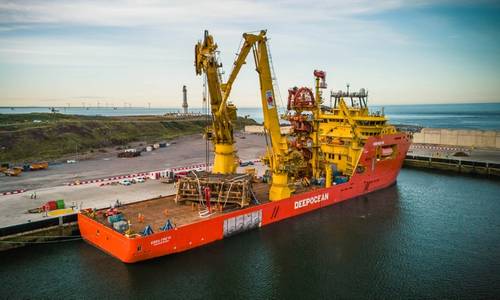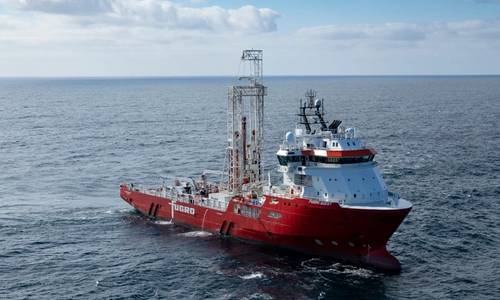UK North Sea Decommissioning Set for Sharp Rise Through 2034
November 26, 2025
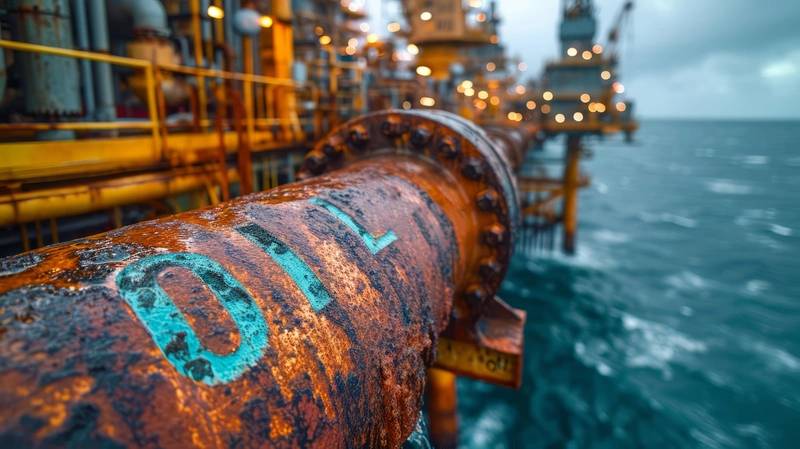
Decommissioning activity on the UK Continental Shelf (UKCS) continues to grow as operators expand campaign-based approaches and rely on advanced planning and supply chain collaboration to manage rising costs and workloads, according to the latest report from Offshore Energies UK (OEUK).
The OEUK’s 2025 Decommissioning Reportshows that decommissioning accounted for 15% of all UKCS oil and gas expenditure in 2024, a share that could exceed 30% by 2030. The group said current forecasts suggest decommissioning costs may surpass capital expenditure as early as 2028 if investment uncertainty, driven by the Energy Profits Levy (EPL) and delayed licensing, persists.
Ricky Thomson, OEUK’s head of decommissioning, said annual decommissioning expenditure passed $2.6 billion (£2 billion) for the first time in 2024, reflecting the scale of work now under way and the resilience of the sector.
In 2024, 124 wells were decommissioned, including 78 platform wells, 40 subsea wells and six exploration and appraisal wells. About 4,750 tonnes of subsea infrastructure were removed.
Ten topsides weighing 38,833 tonnes and 12 substructures totaling 10,924 tonnes were dismantled and taken offshore for removal during the year.
OEUK said the coming decade will require significant innovation and coordinated planning as the industry prepares for nearly 2,000 well decommissions by 2034 and a steep increase in subsea removals, with 95,000 tonnes of subsea infrastructure including concrete stabilization mattresses and large subsea manifolds plus 883 kilometers of pipelines planned for removal.
“The industry is demonstrating its resilience by fulfilling its decommissioning obligations and fueling activity across the UK’s world-class supply chain. Looking ahead, the continued success of the decommissioning sector will depend on its growth being managed strategically alongside sustained capital investment in ongoing oil and gas production rather than replacing it.
“Drawing on decades of North Sea experience, operators and suppliers are collaborating to control costs by developing innovative contracting models to decommission multiple assets using a campaign approach with technical solutions being deployed across all regions of the UKCS.
“Early engagement with the supply chain and advanced planning tools are helping to make the most of resources and manage peak decommissioning activity, as part of a co-ordinated strategy to strengthen resilience and deliver sector-wide value,” said Thomson.

